Kafarah
What is Kafarah?
Kaffarah is a penalty in Islamic law for violations, serving as atonement. One example is breaking a fast in Ramadan deliberately and without a valid reason. If a person made the intention to fast the following day but broke their fast with no sound reason, then Kaffarah takes effect.
How is the Kaffarah done?
First, the intention should be made, as kaffarah is classified under the category of obligations, otherwise your kaffarah will not be valid.Second, the Muslim should fast sixty days – one after the other, without missing any day in between. If the kaffarah was interrupted after 59 days of fasting, for any reason, you will have to start all over again as any interruption invalidate the kaffarah. The only valid interruption is the monthly menstrual cycle for women.
However, if you were unable to fast sixty days due to illness or age then you will have to feed 60 people who are categorised as poor and needy at a rate of [add price] per day or per person. Each person should be given two meals or the equivalent in cash or grain. The kaffarah should either be paid in one day but has to be separately distributed amongst sixty needy people or paid daily in a course of sixty days. The kaffarah is still valid if a disruption happened at some point in the course of feeding. There are various views and more details regarding the kaffarah. Therefore, you will need to seek guidance from your local imam who will provide you with advice based on your circumstances.
Fidyah
What is Fidyah?
As opposed to Kaffarah, Fidyah is the penalty that is imposed upon a person who is:
- Unable to fast during the month of Ramadan due to valid reasons. Elderly people who cannot fast.
- Unable to make up the fast throughout the year or will never be able to make up the fasts.
Who has to pay Fidyah?
As opposed to Kaffarah, Fidyah is the penalty that is imposed upon a person who is:
- People with physical or mental illness.
- Elderly people who cannot fast.
- People on regular medication.
The penalty is a donation of [price] per missed day.
Aqeeqah
What is Aqeeqah?
The Aqeeqah is a highly recommended practice — it’s when an animal is slaughtered following the birth of a child. It is a way to show appreciation to Allah for the gift of a child and serves as a protective measure against Shaytan while safeguarding the child from illnesses.
The Prophet![]() said, “Every boy is mortgaged by his aqeeqah, so slaughter for him on the seventh day, and shave his head, and name him.” (Ibn Majah)
said, “Every boy is mortgaged by his aqeeqah, so slaughter for him on the seventh day, and shave his head, and name him.” (Ibn Majah)
How is the Aqeeqah done?
Two animals are to be sacrificed for the birth of a boy, and one animal for a girl. Nevertheless, there is no set limit on the number of animals that can be offered.
It is recorded in the Hadeeth narrated by Aa’ishah (ra) that “the Messenger of Allah ![]() commanded them to slaughter two sheep equal (in age) for a boy and one for a girl at their birth.” (At-Tirmidhi)
commanded them to slaughter two sheep equal (in age) for a boy and one for a girl at their birth.” (At-Tirmidhi)

